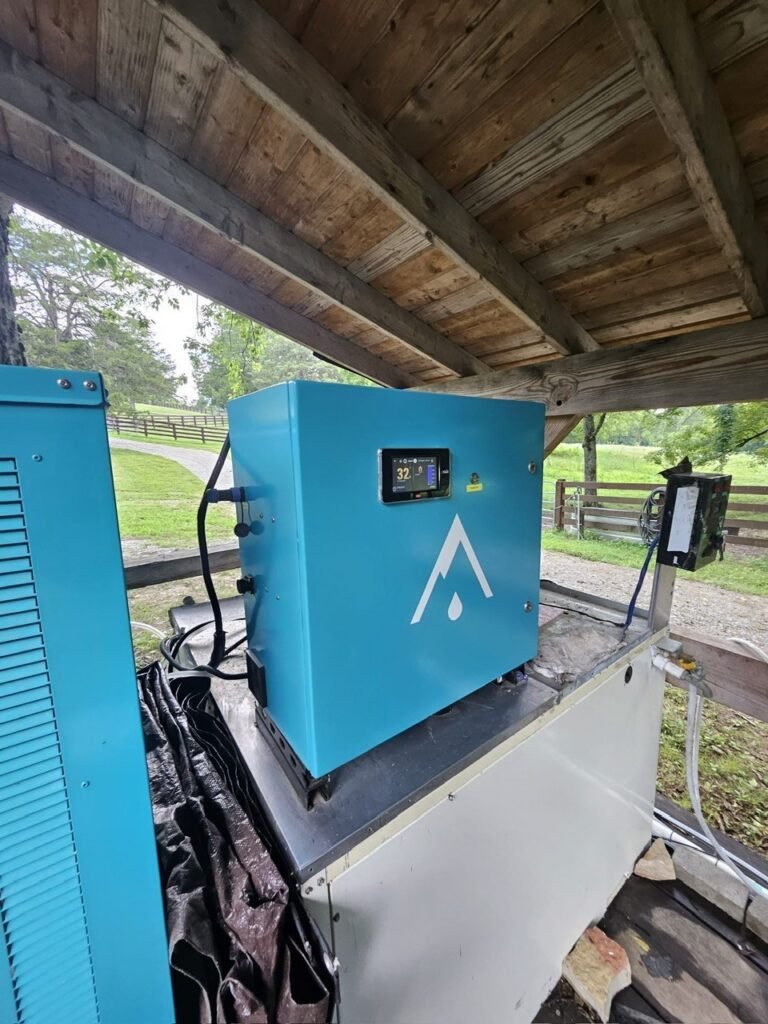Returning to School in America: A Chaos-Laden Landscape
As students head back to school in America, many districts are grappling with significant chaos.
This week, middle school teachers in Alexandria County, Virginia, have been highlighting troubling practices, such as facilitating social transitions for students without parental knowledge. Meanwhile, the Department of Education has announced an investigation into a public school in Burlington, Massachusetts, accused of ignoring parental rights in the same vein.
Such incidents are incredibly concerning for students, who find themselves robbed of a conducive learning environment due to teachers and administrators who seem to have strayed from their educational responsibilities. This reluctance to trust public schools has drastically reduced enrollment.
However, there are other victims in this educational turmoil. The notion of a “good teacher” generally refers to someone who joins the profession driven by a desire to share knowledge, eschewing indoctrination, and striving to uphold high standards. Yet, for such individuals, it has become increasingly difficult to remain in systems that seem more focused on propagandizing students than fostering academic excellence.
A recent documentary sheds light on this issue. It tells the story of Michelle Mangiapan, a former public school teacher from Michigan, who recounted her disillusionment with the system, leading her to switch to teaching in private schools. Arriving from Canada in 1996, a qualified mathematics teacher, she initially found a demanding job market.
However, by around 2008, the educational landscape shifted dramatically. In her additional role as an after-school credit recovery instructor, Mangiapan noticed a troubling dip in student performance. At one point, a student was allowed to use the internet to complete assignments in the presence of an assistant principal. Horrified, Mangiapan questioned the integrity of this arrangement, expressing her reluctance to simply sign off on what she felt was an unfair approach to education.
For dedicated educators like Mangiapan, grade inflation isn’t merely about a student’s honesty; it’s also a personal affront. Yet, they often find themselves compelled to comply with these demands or face dire consequences for dissenting, making inflated performance a norm across various districts. My report highlights how policies intended to enforce equitable grading can, ironically, undermine educational standards.
This reflects a broader ideological trend. Mangiapan noted being told to reduce disciplinary actions for tardiness among specific demographic groups, a directive she found deeply troubling as it eroded the concept of professionalism in education.
Sadly, many teachers share similar frustrations. The decline in student behavior is cited as a primary reason for teacher burnout and attrition. Federal policies have historically compounded these issues, with previous administrations prioritizing a consistent disciplinary approach that inadvertently normalizes poor behavior.
While previous guidance aimed at equalizing punishments was rescinded during the Trump administration, the effects on school culture linger. Teachers, students, and administrators have acclimatized to these expectations, complicating efforts to restore order without additional state and local support.
Although there are ideologues within the educational system, many teachers are motivated by a genuine desire to educate. Unfortunately, many of these frustrated professionals, like Mangiapan, are opting to leave the field altogether or transition to private schools.
Mangiapan represents just one voice among many who feel compelled to make similar choices. Their collective decisions underline a broader deterioration within public education, impacting not only teaching professionals but the future of the students they aim to mentor.
If public schools desire a way out of this downward spiral, it’s crucial for policymakers to prioritize protecting students from misleading narratives and low educational standards. The stakes are incredibly high—our nation’s future relies upon it.
Neeraja Deshpande is an independent policy analyst.







